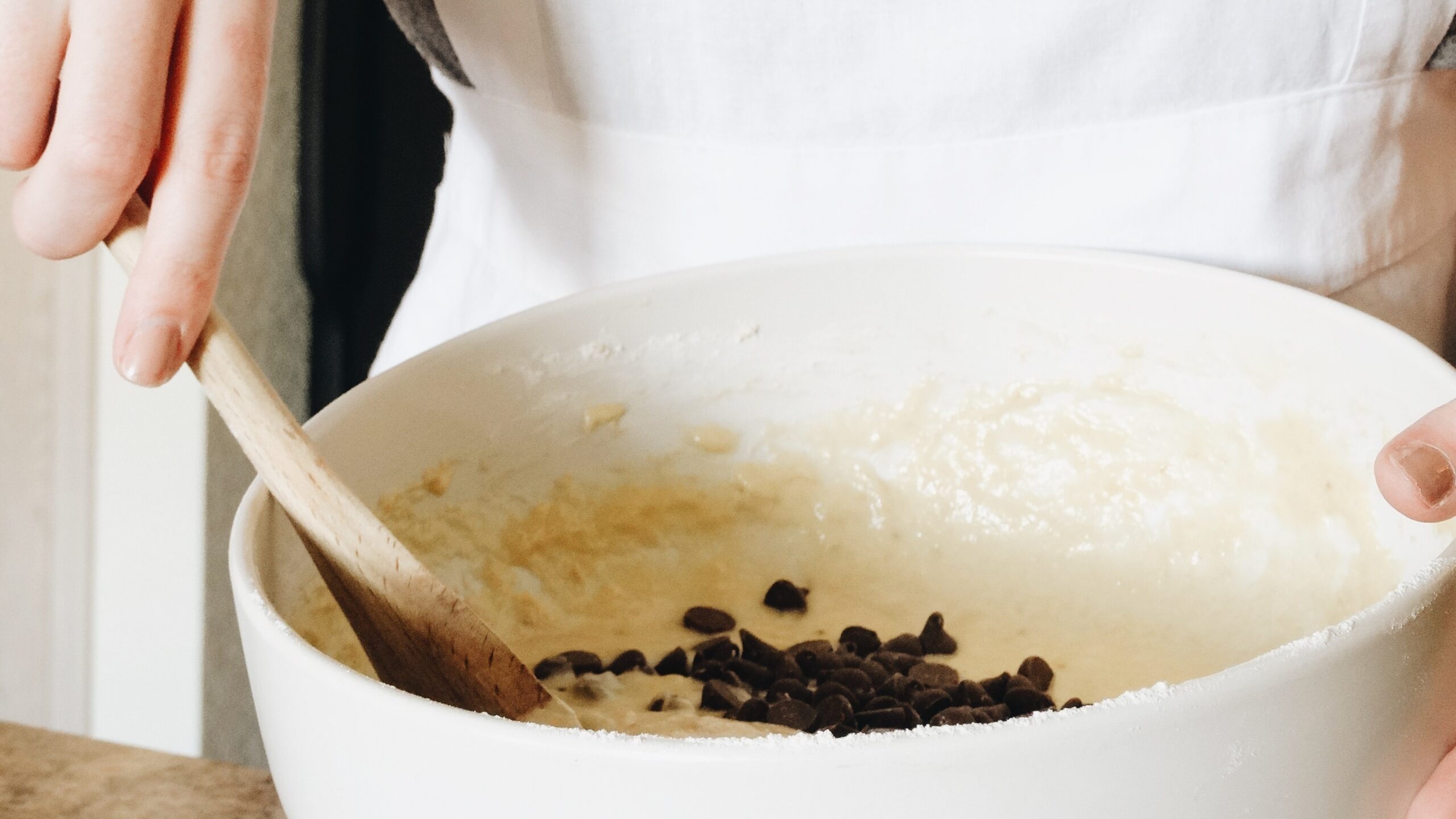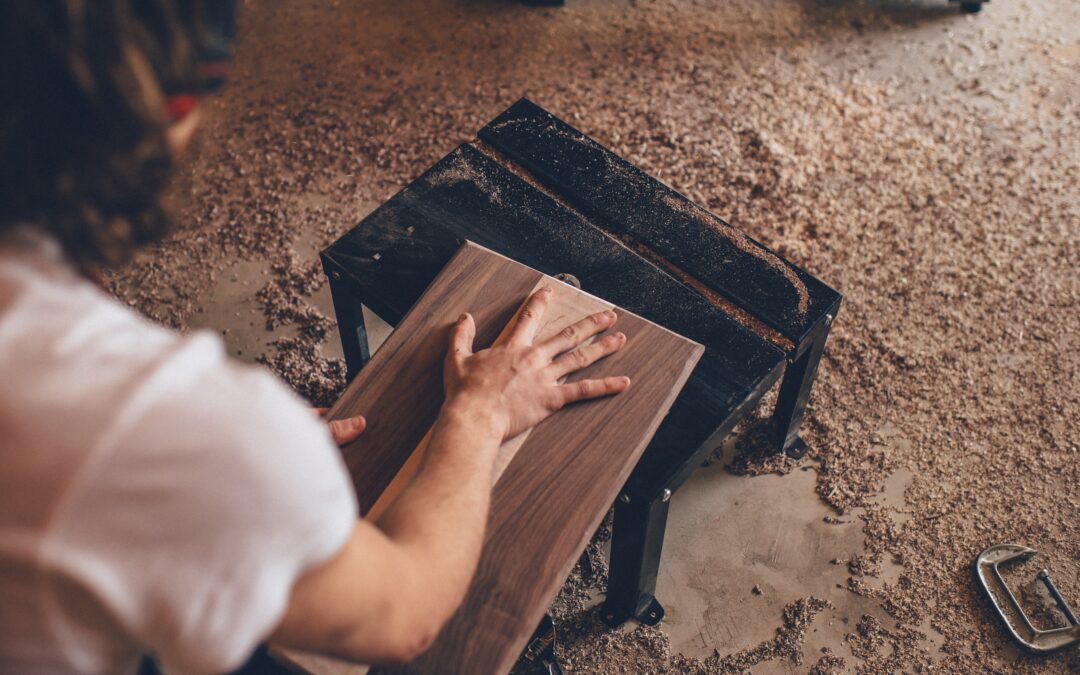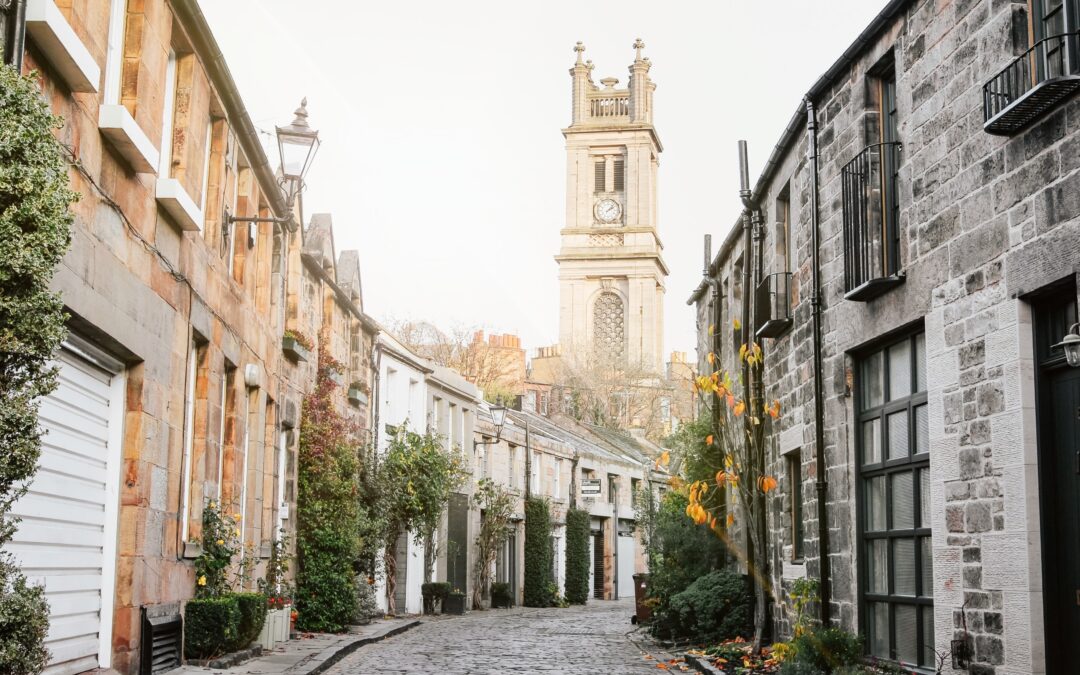Covid-19 saw an outpouring of community-led support in which 9 million ‘volunteers’ stepped forward to help out. As part of our Active Neighbours work, we’ve been interviewing people to uncover the stories behind the statistics. Here, we present Sarah’s story.

Background
Sarah moved away from her hometown for university and the early part of her career and moved back about 4 years ago. She lives with her husband on a farm and describes the set up as ‘agricultural’ and ‘reasonably isolated’. She’s a self-described traditionalist and refers, on a couple of occasions, to ‘the good old days’.
Sarah works full-time as a business development manager for a chemical engineering company. She worked from home pre-Covid but used to travel regularly – around 4 days a week. She’s also an amateur jockey and spends most weekends and early mornings tending to the horses. She’s a busy person but ‘busy people find time’.
Relationship with her local area
Sarah lives in a sparsely populated area and knows all of her neighbours – something she believes is common within agricultural communities. Her Mum, sister, grandma and in-laws all live nearby and she’s got connections with the local community which date back to her childhood.
Impact of lockdown on Sarah’s life
Sarah continued to work throughout lockdown and, as some of her colleagues were furloughed, was busier than ever. She describes it as a ‘tough time’ as she had to pick up other bits of work and reflects that this was somewhat under-appreciated. Those in her team who weren’t furloughed were encouraged to check in with those that were, but no one checked in with her or offered any appreciation for the extra work she’d taken on, all while having to take a pay cut.
Living in an agricultural setting, Sarah was able to spend time outside and was grateful for that. She continued to see her Mum and sister, who live 11 miles away and supported her elderly grandma by picking up her prescriptions from the local pharmacy.
She realised, standing in the queue for hours, how many people she knows also use that pharmacy and says it became something of a social occasion, chatting to people in the queue.
Attitudes to British citizenship
When asked about what it means to be a good citizen, Sarah laughs, sighs, and pauses. “It’s good to feel like you’re adding value to society. Most people feel this through their work, others through volunteering – giving back to organisations that have helped you.” Overall, Sarah takes a reasonably bleak view of the state of citizenship in Britain. “It’s always the same people that give, there’s a lot of take. Lots of people think they’re much busier than they are. People have got lazier – you can make time if you want to.” She believes that good citizenship varies from place to place and the unspoken but inferred feeling is that citizenship is in better health in rural areas compared to big cities.
Volunteering during Covid
Sarah is keen to stress from the outset that her contribution was very modest and is doubtful about how helpful her experience will be to this work.
During the first national lockdown, Sarah and her family baked around 4 cakes a week for local service providers.
A local farmer’s wife set up the initiative and Sarah heard about it through friends. Baking is something she and her family love to do and it’s something that Sarah finds quite cathartic. Alongside her sister and Mum, Sarah would bake cakes, deliver them to the organizer, and someone else would pick them up and deliver them to care homes, the police station, or the fire station.
She reflects on how ‘soulless’ care homes must have felt without family members being able to visit and bring treats and how public services other than the NHS were overlooked in the national outpouring of appreciation.
In her local area, some people left biscuits out for ‘bin men’ to show their appreciation.
At the beginning, Sarah was worried that people would ‘get all health and safety’ about cakes being baked and delivered but they got really good feedback. The effort was organised on Whatsapp and was easy to get involved in.
“I got involved because it was something I could do – it was only small but I could do it around work. All the small things add up. If we can just brighten up someone’s day.”
Reflecting on more formal volunteering, Sarah says, “The paperwork for most volunteering is too much, even to walk dogs at the Dogs trust. Then you have to commit to doing it every Sunday.”
The small opportunities to get involved that emerged through lockdown were inviting and frictionless and Sarah welcomed the chance to feel like she was contributing something, however small.
Looking to the future
Asked about her plans to volunteer in the future, Sarah is reasonably non-committal. She plans to continue to help out at local country events – sitting on the gate at the local show, doing the accounts for the local point-to-point – but doesn’t have aspirations to do anything more currently. Work and animals keep her busy.
“As a countryside community it’s probably easier to get involved in these sorts of things – there’s more local camaraderie and shared local interests.”
This story sits within our Active Neighbours work. To find out more about the different types of Covid volunteer, their motivations, experiences and needs, take a look at our Field Guide.
Read more

Active Neighbours – Rachel
“What I love about what I do is the honesty of people and the kindness and how grateful the people are. It’s not about flash cars, it’s not about big houses – it’s literally just about spending time with people and having a bit of fun.”

Active Neighbours – Kate
“I just think it’s really nice we can each all be each other’s solutions – people are volunteering not because they feel obligated because they’re family -they just want to help you. I always think that’s really powerful. If everyone put in just a few hours a week to help in their community, we can change so much. And I think that’s what we’ve seen during Covid.”
